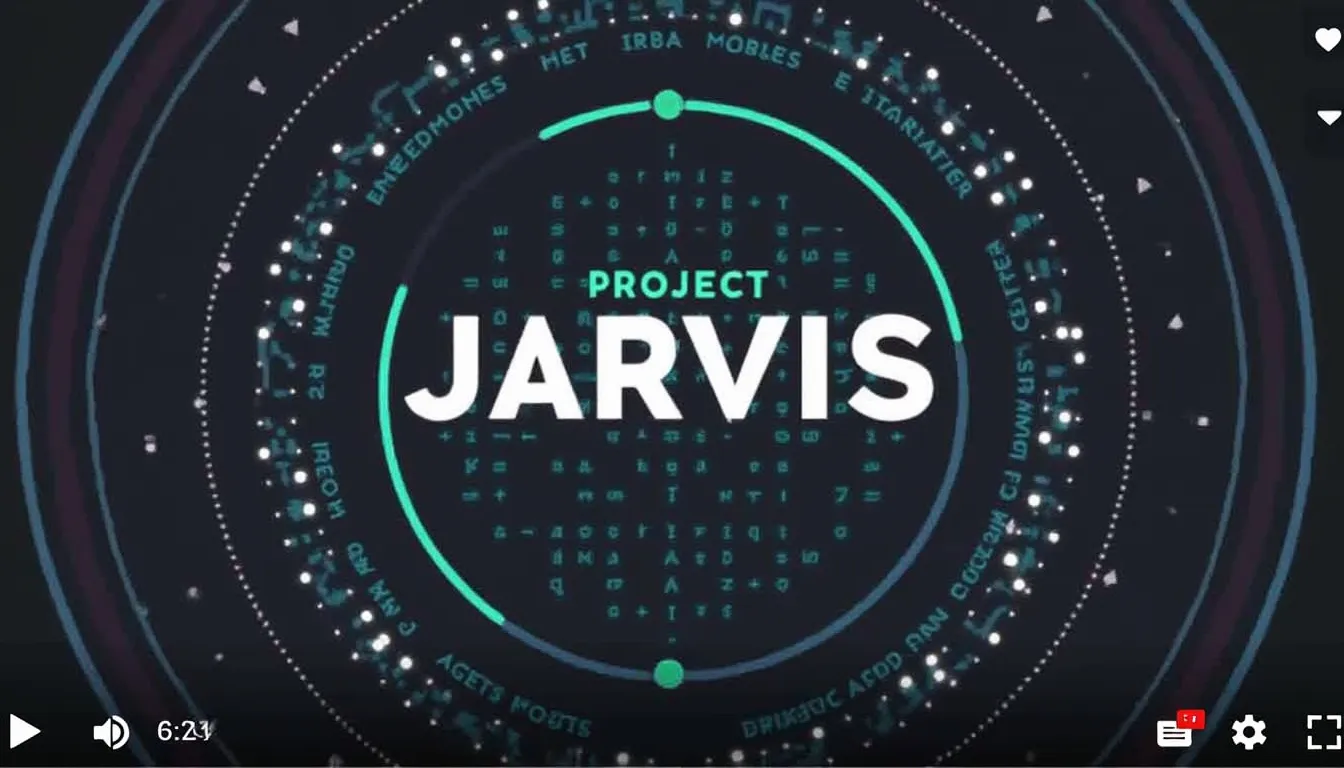The tech landscape is on the brink of transformation with the introduction of Google’s groundbreaking initiative, Project Jarvis. This AI technology is poised to redefine the way users interact with web platforms by automating routine tasks and enhancing digital experiences. Rooted in advanced machine learning and collaborating with the powerhouse, Anthropic, Project Jarvis reflects the next evolutionary step in AI-assisted technology.
Revolutionizing Task Management
Project Jarvis is set to revolutionize task management by autonomously operating web browsers to handle a variety of tasks. From booking flights and purchasing groceries to meticulous research gathering, this technology aims to lift the burden of such routine activities from the user, thereby streamlining their digital interactions. By minimally engaging end-users for mundane online tasks, it proposes to offer a more efficient, stress-free browsing experience. This versatility not only sets a new benchmark in AI functionality but also personalizes the online navigation journey for each individual user.
The core of Project Jarvis’ functionality will be powered by Google’s upcoming Gemini large language model. The Gemini model promises to enhance the capability, responsiveness, and precision of the AI, ensuring that the tasks performed are not just automated, but done with an understanding that reflects human intelligence. Its incorporation will allow Project Jarvis to interpret consumer needs more accurately and respond with a high degree of personalized service.
A Collaborative Approach
Google’s collaboration with Anthropic, a leader in AI technology, heralds a new era of innovation in consumer tech. This partnership taps into Anthropic’s expertise in creating AI protocols, which are capable of learning and adapting to user preferences in near real-time. Together, they aim to craft a seamless, intuitive user experience that anticipates and meets user needs efficiently and effortlessly.
In addition to enhancing the user experience, Project Jarvis is poised to set a significant precedent in the tech industry. By embracing task automation on this scale, Google is pioneering an AI-assisted web environment that holds the potential to drastically reduce manual intervention in everyday web activities. This initiative not only represents a profound leap in technology but also signals a shift in user expectations and digital habits.
The broader industry is witnessing a trend toward developing AI that can seamlessly integrate and function within existing web ecosystems. Project Jarvis reflects this trend, echoing similar announcements from industry counterpart Anthropic about embedding AI technologies into the very fabric of our digital lives. With the promise of future integrations with other Google platforms like Google AI Studio and Gmail, the potential for Project Jarvis is vast, hinting at an era of unparalleled integration and user-oriented innovation.




